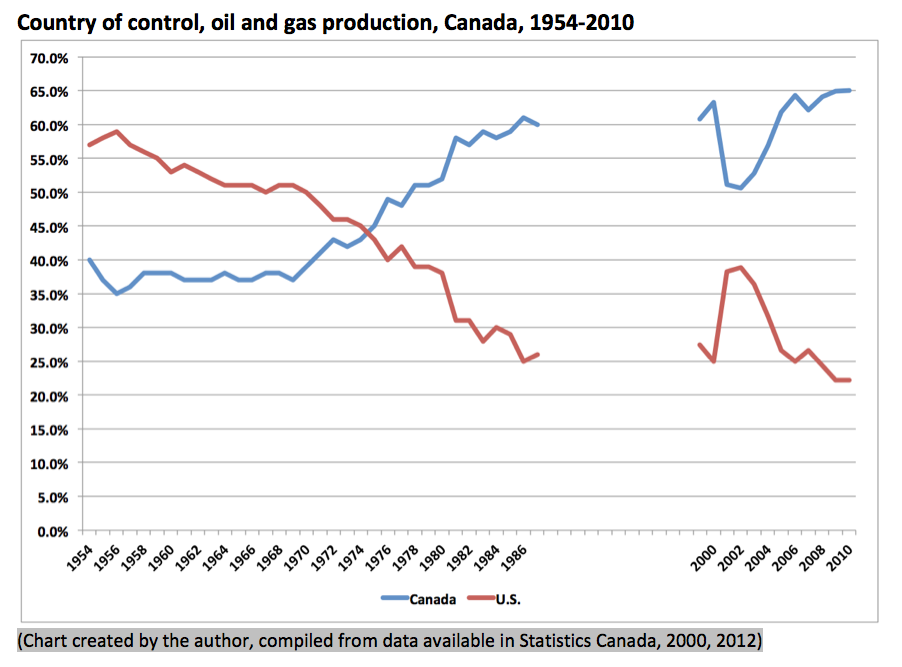JANUARY 4, 2013 – The tar sands development in northern Alberta is an ecological nightmare, and an insult to indigenous land rights. This nightmare and this insult are profoundly Canadian – shaped by Canadian corporations and Canadian government policies. Unfortunately, there has been a tendency by some in the movement to try and “off-shore” the problem, shifting the blame, in particular to China. This has no basis in fact, and opens the door to a nasty politics of xenophobia. Listen to the rhetoric. Elizabeth May, leader of the Green Party, rightly highlighted concerns about a trade deal between Canada and…
2 CommentsTag: China
2010 again highlighted the newly important role of China in world economics and politics. The following is a slightly longer version of the version published in Socialist Studies[1] It was written April 15, 2010. • It is difficult to ignore the centrality of China as we enter the second decade of the 21st century. The biggest industrial revolution in human history is underway in the world’s most populous country. This fact is forcing many to rethink old orthodoxies. Minqi Li’s book is an important contribution to this project. The Rise of China and the Demise of the Capitalist World Economy…
Comments closedDECEMBER 2, 2010 – There is a growing chorus of voices in the media and the academy singling out the actions of the Chinese state as central to the dilemmas of the world economy. This focus finds its most articulate presentations, not in the xenophobia of the right, but in the polite analysis of many left-liberals. Paul Krugman, for instance, writing in the run-up to November’s G20 summit in South Korea, praised the United States’ approach of creating money out of nothing (“Quantitative Easing”) as being helpful to the world economy, and criticized the Chinese state’s attempts to keep its…
One CommentOCTOBER 23, 2010 – In uncertain times, the headline was soothing – “Secretary Geithner vows not to devalue dollar.”[1] United States Secretary of the Treasury Timothy Geithner was saying, in other words, that if there were to be “currency wars” – competitive devaluations by major economies in attempts to gain trade advantage with their rivals – the United States would not be to blame. Who, then, would be the villain? China, of course. Earlier this year, Democratic Party congressman Tim Murphy sponsored a bill authorizing the United States to impose duties on Chinese imports, made too inexpensive (according to Murphy…
5 CommentsIt was September 11, 1973, that the neo-liberal experiment began. The brutal U.S.-backed coup against Salvador Allende’s government opened the door for the “Chicago Boys” – a group of Chilean economists who had studied under Milton Friedman at the University of Chicago[1] – to “reconstruct the Chilean economy … along free-market lines, privatizing public assets, opening up natural resources to private exploitation and facilitating foreign direct investment and free trade.”[2] September 7, 2008 – thirty-five years later – that experiment came to an end, not with a whimper, but a bang. The neo-liberal regime of George Bush – more closely…
Comments closed